 The History of Lipitor: from Discovery to Blockbuster Drug
The History of Lipitor: from Discovery to Blockbuster Drug
The Unexpected Discovery: Lipitor's Serendipitous Origins
In the vibrant world of pharmaceutical research, serendipity often plays a pivotal role, as it did with the drug that would become Lipitor. Originally part of a routine cholesterol-lowering project, scientists discovered a surprising compound with profoundly enhanced efficacy. This unexpected breakthrough in the labs of Warner-Lambert, a relatively small pharmaceutical company at the time, was nothing short of revolutionary.
As researchers delved deeper into the compound's capabilities, they realized its potential to redefine cholesterol treatment. Unlike its predecessors, this new compound demonstrated greater potency, offering hope for patients with high cholesterol. The fortuitous discovery set in motion a cascade of events shaping its future.
| Key Moments | Impact |
|---|---|
| Discovery of compound | Revolutionized cholesterol treatment |
| Impact on pharmaceutical industry | Paved way for blockbuster success |
Pfizer's Strategic Vision: Betting Big on Lipitor

In the fast-paced world of pharmaceuticals, few stories are as riveting as that of Lipitor. Initially met with skepticism, this groundbreaking drug gained traction once Pfizer, with its formidable resources and strategic insight, decided to take a calculated risk. The company recognized Lipitor's potential to revolutionize cholesterol treatment and poured massive investments into its development.
Their strategic vision extended beyond just research and development. By leveraging a robust sales force and innovative marketing tactics, Pfizer positioned Lipitor as the forefront of cholesterol management solutions. Such foresight not only reshaped the pharmaceutical landscape but also ensured that Lipitor became synonymous with cholesterol regulation, cementing its status as a best-selling medication.
Revolutionizing Cholesterol Treatment: Lipitor's Unique Mechanism
Lipitor, a groundbreaking statin, fundamentally altered cholesterol management with its unique mechanism of action. Unlike its predecessors, Lipitor effectively inhibited HMG-CoA reductase, an enzyme pivotal in cholesterol synthesis in the liver. This targeted inhibition resulted in significant reductions in LDL cholesterol levels, elevating Lipitor beyond the capabilities of existing treatments.
By significantly lowering bad cholesterol, Lipitor not only reduced the risk of heart disease but also opened new avenues for preventative cardiovascular care. Its potency set it apart, allowing for quicker results and broader efficacy across diverse patient profiles. This advancement empowered physicians with a reliable tool for patients who previously struggled to manage their cholesterol effectively.
The implementation of Lipitor's mechanism was a testament to scientific innovation and offered hope to millions at risk of coronary conditions. Its development marked a turning point in cardiovascular pharmacotherapy, establishing a new standard for treating high cholesterol levels and preventing heart disease.
Marketing Brilliance: Propel Lipitor to Blockbuster Status

Pfizer leveraged a bold marketing strategy that was nothing short of transformative. Recognizing the compelling need for effective cholesterol-lowering solutions, the company orchestrated a campaign highlighting Lipitor's unparalleled efficacy. It wasn't enough to simply educate physicians; Pfizer went above and beyond by engaging directly with consumers, demystifying medical jargon to ensure the average person understood the benefits.
The company capitalized on media channels, crafting advertisements that were both informative and approachable. With assertive messaging in medical journals and direct-to-consumer advertising, Lipitor became a household name. Beyond traditional channels, Pfizer’s orchestrated outreach included partnerships with healthcare professionals who endorsed Lipitor’s benefits, amplifying its reputation.
Sales representatives armed with data and clinical trial success stories effectively communicated Lipitor's advantages, building trust within the medical community. This multi-faceted marketing brilliance was key in Lipitor's ascent to the pinnacle of pharmaceutical success, transforming it into a blockbuster drug.
Navigating Controversies: Lipitor's Legal and Ethical Challenges
While Lipitor achieved monumental success, it also faced significant scrutiny. Legal battles emerged over patent rights, as competing companies challenged Pfizer's dominance in the lucrative statin market. Ethical concerns rose regarding marketing practices, particularly allegations of promoting Lipitor for off-label uses. Despite these challenges, Pfizer navigated the turbulent waters by reinforcing the drug's clinical efficacy and safety.
| Controversy | Details |
|---|---|
| Patent Disputes | Competing companies contested Pfizer's patents. |
| Marketing Practices | Allegations of off-label promotion. |
Such issues prompted discussions about pharmaceutical ethics. However, Lipitor's ability to lower cholesterol effectively often overshadowed these controversies, securing its place in medical history despite the obstacles faced.
Lipitor's Legacy: a Lasting Impact on Medicine and Society
Lipitor, the revolutionary statin introduced in the late 1990s, profoundly reshaped how cholesterol management is approached. By effectively lowering LDL levels, it reduced cardiovascular risks for millions, thereby extending lives and improving patient outcomes. The drug's success popularized the importance of cholesterol management in preventative healthcare, setting a precedent for cardiovascular research.
Beyond its medical achievements, Lipitor left a societal imprint as well. It became a symbol of pharmaceutical innovation, highlighting the potential of strategic research and development. The drug's blockbuster status fueled future investment in innovative therapies and underscored the need for accessibility and affordability in modern medicine.

